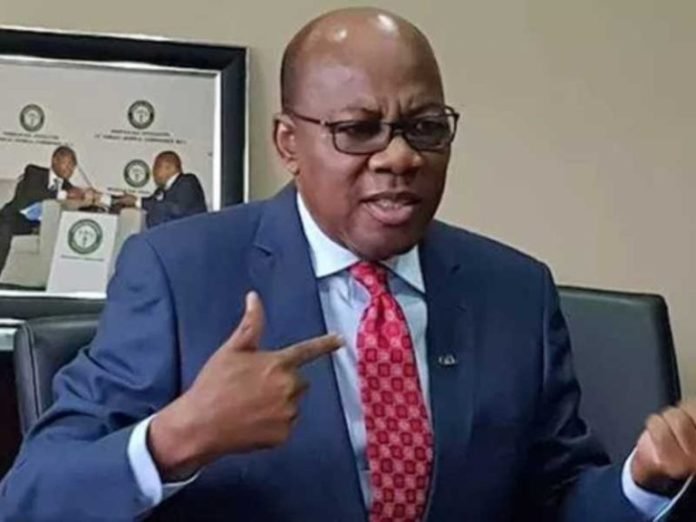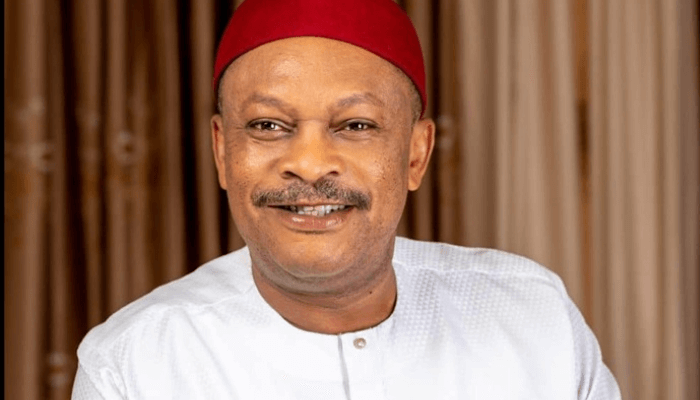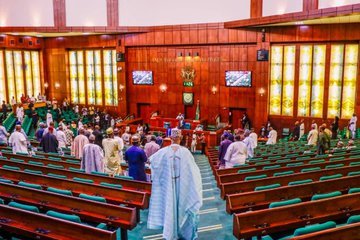Dr. Olisa Agbakoba, former President of the Nigerian Bar Association (NBA), has raised constitutional questions regarding the establishment and operations of Nigeria’s anti-graft institution, the Economic and Financial Crimes Commission (EFCC).
In two separate letters dated October 14, 2024, addressed to the Senate and House of Representatives, Agbakoba argued that the EFCC is an “unlawful organization” and “unconstitutionally established.”
“I very strongly believe the EFCC is unconstitutionally established. The powers under which it was established go beyond the powers of the National Assembly. The EFCC is an unlawful organization,” Agbakoba stated.
The letters were addressed to Deputy Senate President Senator Barau Jibrin and Deputy Speaker of the House of Representatives, Hon. Benjamin Kalu, who chair their respective chambers’ Constitution Review Committees.
Agbakoba said he was delighted that several states have finally found the courage to challenge the constitutionality of the EFCC. “This will put to rest the question relating to the validity of the EFCC,” he noted. He emphasized the need for harmony among law enforcement agencies to combat corruption effectively, as mandated by Section 13 of the Nigerian Constitution.
The former NBA President called for a public hearing to discuss the constitutional issues surrounding law enforcement agencies and anti-corruption efforts. “Such a hearing would provide an invaluable platform for stakeholders to discuss the reforms needed to strengthen Nigeria’s legal and institutional frameworks for law enforcement and anti-corruption,” Agbakoba wrote.
The Nigerian Supreme Court is set to hear a suit filed by 16 state governments challenging the constitutionality of the EFCC and other anti-graft agencies on October 22. This case has garnered considerable public attention, with many Nigerians eager to see how the judiciary will handle the matter.
Such a letter from Agbakoba, a respected jurist in Nigeria, has helped put focus again on the effectiveness and legality of the EFCC, which many critics have argued has often been used as a tool for political witch-hunts rather than genuinely fighting corruption.
Despite all the media hoopla about the EFCC and its anti-corruption operations over the years, Nigeria ranks high on the global corruption index, currently standing at 145 out of 180 countries. Former British PM David Cameron once described the country as “fantastically corrupt.” Nigeria’s then-president, Muhammadu Buhari, agreed with him.
The outcome could have far-reaching implications as the Supreme Court prepares to hear the case. Many constitutional lawyers have argued that the task of checkmating executive corruption lies with the legislative arm of government, either at the federal or subnational level, and not an amorphous institution like the EFCC.
The Supreme Court decision will test the independence, integrity, and courage of the judiciary and could either strengthen or weaken Nigeria’s democratic foundation as a true federation.
Comment, Like 👍, share this article, and Follow us on our social media handles.








